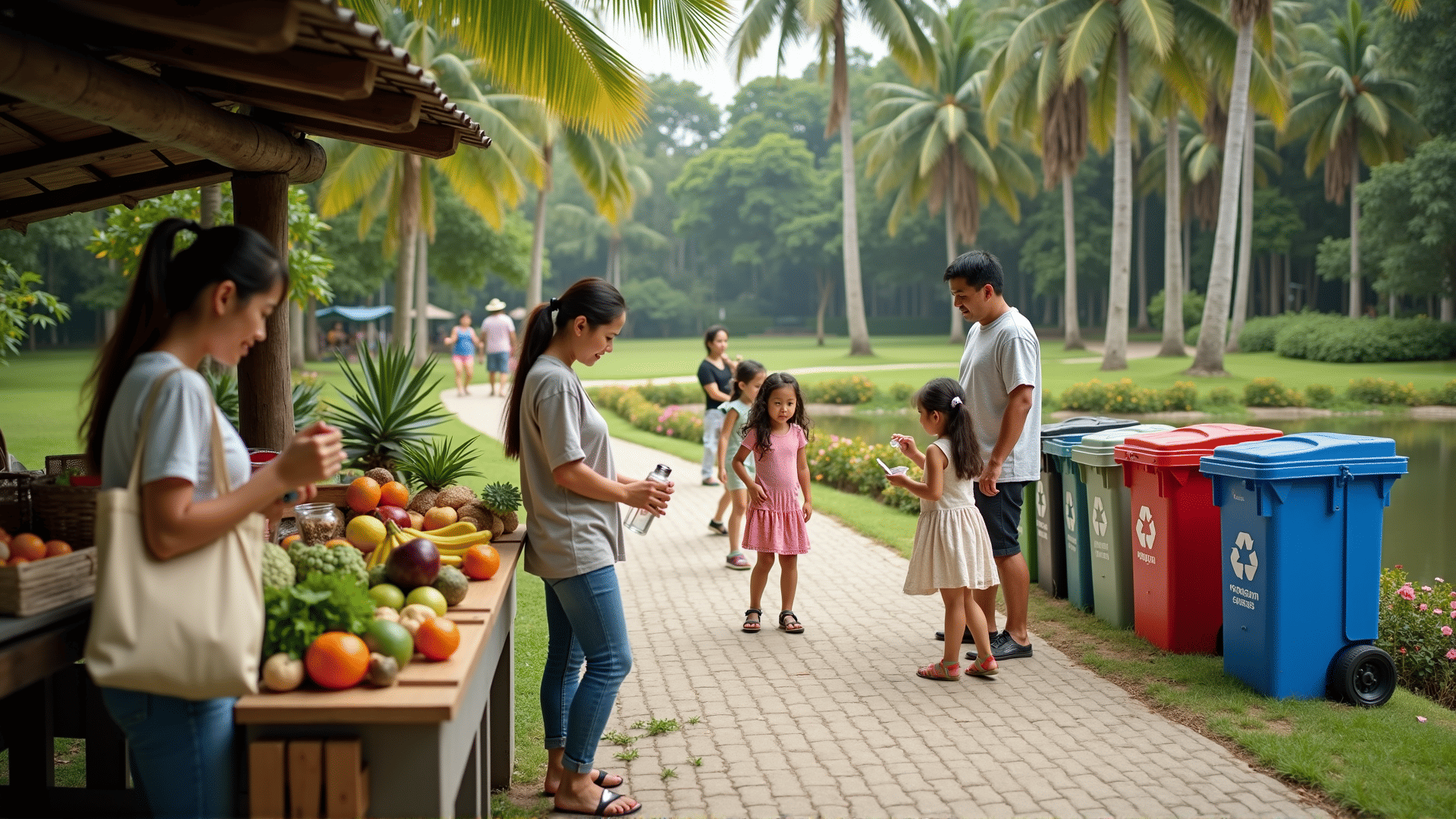In our rapidly changing world, the concept of smart consumption is gaining traction as people become more aware of their environmental impact. This approach emphasizes making mindful choices about how we use and consume resources, with the goal of minimizing our ecological footprints and enhancing resource efficiency. By adopting smart consumption strategies, individuals and communities can contribute to a more sustainable future.
One of the key aspects of smart consumption is promoting awareness about the lifecycle of the products we use. This involves understanding the resources required to make a product, the energy consumed during its production, and the waste generated at the end of its life. By being informed consumers, we can make choices that favor products with sustainable sourcing, minimal packaging, and longer lifespans.
Reducing waste is another crucial element in smart consumption. Embracing practices like recycling, composting, and reusing items can greatly diminish the amount of waste that ends up in landfills. This not only conserves natural resources but also reduces pollution. Encouraging a culture of repair rather than discard can also play a significant role in extending the life of products.
Energy efficiency is a cornerstone of smart consumption strategies. Transitioning to energy-efficient appliances, using renewable energy sources, and implementing energy-saving practices in households and businesses can markedly decrease our carbon footprint. Simple changes, such as turning off lights when not in use or carpooling, can collectively have a substantial impact.
Smart consumption also involves reevaluating our dietary choices. Opting for locally sourced and seasonal foods can reduce the environmental impact associated with transportation and storage. Additionally, reducing meat consumption in favor of plant-based alternatives can significantly lessen the burden on ecological systems, given the high resource demands of meat production.
Education and community engagement are vital components in fostering an environment of smart consumption. By educating ourselves and others about the benefits and practices of sustainable living, we can build communities that support and encourage eco-friendly choices. Collaborating on initiatives such as community gardens, swap meets, and educational workshops can help spread awareness and drive collective action.
In conclusion, smart consumption is about making conscious decisions that respect environmental boundaries and promote sustainability. By focusing on resource-efficient practices and nurturing a culture of responsibility and cooperation, we can make significant strides towards reducing our ecological impact and preserving the planet for future generations. Each step, no matter how small, contributes to a larger movement towards a sustainable and thriving world.
